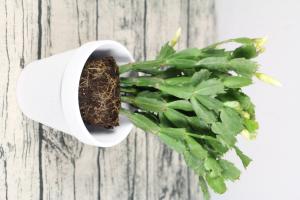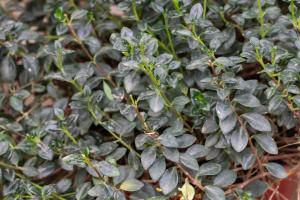Do Watermelon Plants Require a Lot of Water?
Watermelon is a refreshing and sweet summer fruit that is loved by many. It is also a popular crop among farmers for commercial production. However, one question that pops up frequently is whether watermelon plants require a lot of water or not. In this article, we will explore the water requirements of watermelon plants and their impact on growth and yield.
Watermelon Plant Water Requirements
Watermelon plants are naturally adapted to hot and dry climates, which means they can tolerate drought and low water availability to a certain extent. However, to produce high-quality and sweet fruits, watermelon plants require consistent and adequate water supply throughout their growth cycle. Depending on the climate, soil type, and management practices, the water requirements of watermelon plants can vary considerably.
In general, watermelon plants need about 1 to 2 inches of water per week during the vegetative growth stage, and up to 4 inches of water per week during the fruit development stage. The water requirement can be higher in sandy soils, high temperatures, low humidity, and high winds. The water demand can also increase if the plant is under stress from pests, diseases, or other environmental factors.
The Impact of Water Stress on Watermelon Plants
Water stress can significantly affect the growth, yield, and quality of watermelon plants. When water is limited or unavailable, the plant will start to close its stomata to reduce water loss through transpiration. This mechanism also reduces the uptake of carbon dioxide, which is essential for photosynthesis and energy production.
As a result, water-stressed watermelon plants may show reduced leaf expansion, slower growth, and smaller fruit size. The fruit may also have lower sugar content, dull color, and poor flavor compared to well-watered plants. Additionally, water stress can increase the likelihood of plant diseases and pests, as the plant becomes weaker and unable to defend itself effectively.
Water Management Practices for Watermelon Plants
To ensure adequate water supply for watermelon plants, farmers and gardeners should adopt water management practices that promote water conservation and efficient use. Some of these practices include:
Mulching: Applying a layer of organic or inorganic material (e.g., straw, leaves, plastic) around the plant and between rows can help retain soil moisture, suppress weeds, and regulate soil temperature.
Drip Irrigation: Using drip irrigation systems can deliver water directly to the root zone of the plant, minimizing water loss through evaporation or runoff.
Frequent Monitoring: Checking the soil moisture level regularly using a soil moisture meter or by visual inspection can help detect water stress early and avoid overwatering or underwatering.
Avoiding Water Stress: Planning the planting time, selecting drought-resistant varieties, and avoiding excessive fertilization or pruning can help reduce water stress and improve plant health.
Conclusion
Watermelon plants require a lot of water to produce high-quality and juicy fruits. The water requirement can vary depending on the environmental conditions, growth stage, and management practices. Water stress can negatively affect the growth, yield, and quality of watermelon plants, so it is essential to adopt water management practices that promote conservation and efficient use. By following these guidelines, farmers and gardeners can ensure a bountiful harvest and delicious watermelons all summer long.

 how many times do yo...
how many times do yo... how many planted tre...
how many planted tre... how many pine trees ...
how many pine trees ... how many pecan trees...
how many pecan trees... how many plants comp...
how many plants comp... how many plants can ...
how many plants can ... how many plants and ...
how many plants and ... how many pepper plan...
how many pepper plan...




























